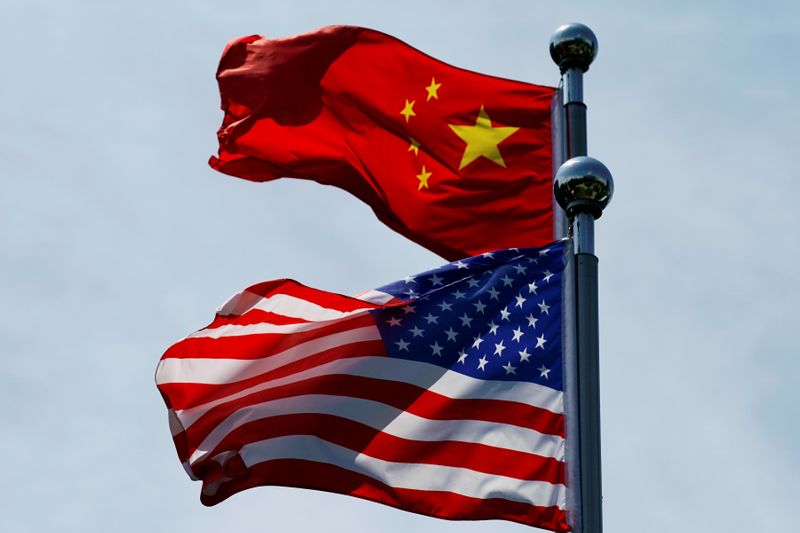WASHINGTON (Reuters) – A new China-backed Asia-Pacific trade deal and Beijing’s interest in a regional pact that President Donald Trump quit should be “a real wake up call” to the United States, a former U.S. official who has advised President-elect Joe Biden said on Wednesday.
But Kurt Campbell, the top U.S. diplomat for East Asia under former President Barack Obama and seen as a contender for a senior position under Biden, said joining such multilateral institutions could not be expected at the start of a new administration, given the current domestic mood.
“Both political parties have some real apprehension and concern about whether trade is appropriate, whether it can be undertaken fairly,” Campbell told the Atlantic Council think tank.
Campbell said the United States needed to do a better job of “retraining, refashioning jobs and economies that are affected by global trade” as too many workers have been left behind by trade deals.
“That’s an area that I think Democrats and Republicans are going to have to have an honest discussion about.”
Biden told a New York Times columnist in an interview published on Wednesday he would not immediately remove U.S. tariffs on Chinese goods nor end Trump’s “Phase 1” U.S.-China trade deal, which he criticized as a failure during the election campaign.
Campbell said he had been a big supporter of the Trans-Pacific Partnership trade agreement that Washington negotiated under Obama and from which Trump quickly withdrew, but added:
“I do think that it’s going to be difficult to lead from the outset with a new initiative or a new way … I’m not currently believing that that’s something that anyone could anticipate or think about out of the gate of any administration.”
Campbell nevertheless stressed that China’s recent signing of a 15-nation Regional Comprehensive Economic Partnership (RCEP) – the world’s largest free trade bloc – and interest in joining the TPP, “should be a real wake up call for us.”
RCEP was more far-reaching than anticipated and China’s TPP interest “a very big deal.”
“We’re going to have to think about responding,” he said.
Campbell is seen as the author of the Obama’s administration’s “pivot to Asia,” a much vaunted but still limited U.S. rebalancing to the region.
He said Washington’s “ticket to the big game” was the U.S. military presence and its ability to deter challenges to the current “operating system” – a reference to China’s bid to establish itself as the dominant regional power.
But it also had to demonstrate a vision for “an optimistic, open trading system” and this meant working with allies and denying China access to areas where it was necessary maintain a cutting edge, such as artificial intelligence, robotics or 5G.
“The United States has to be in the game on those issues. Withdrawal behind our borders is not an option if we want to continue to play a leadership role,” he said.
(Reporting by David Brunnstrom; additional reporting by David Lawder; Editing by David Gregorio)



















